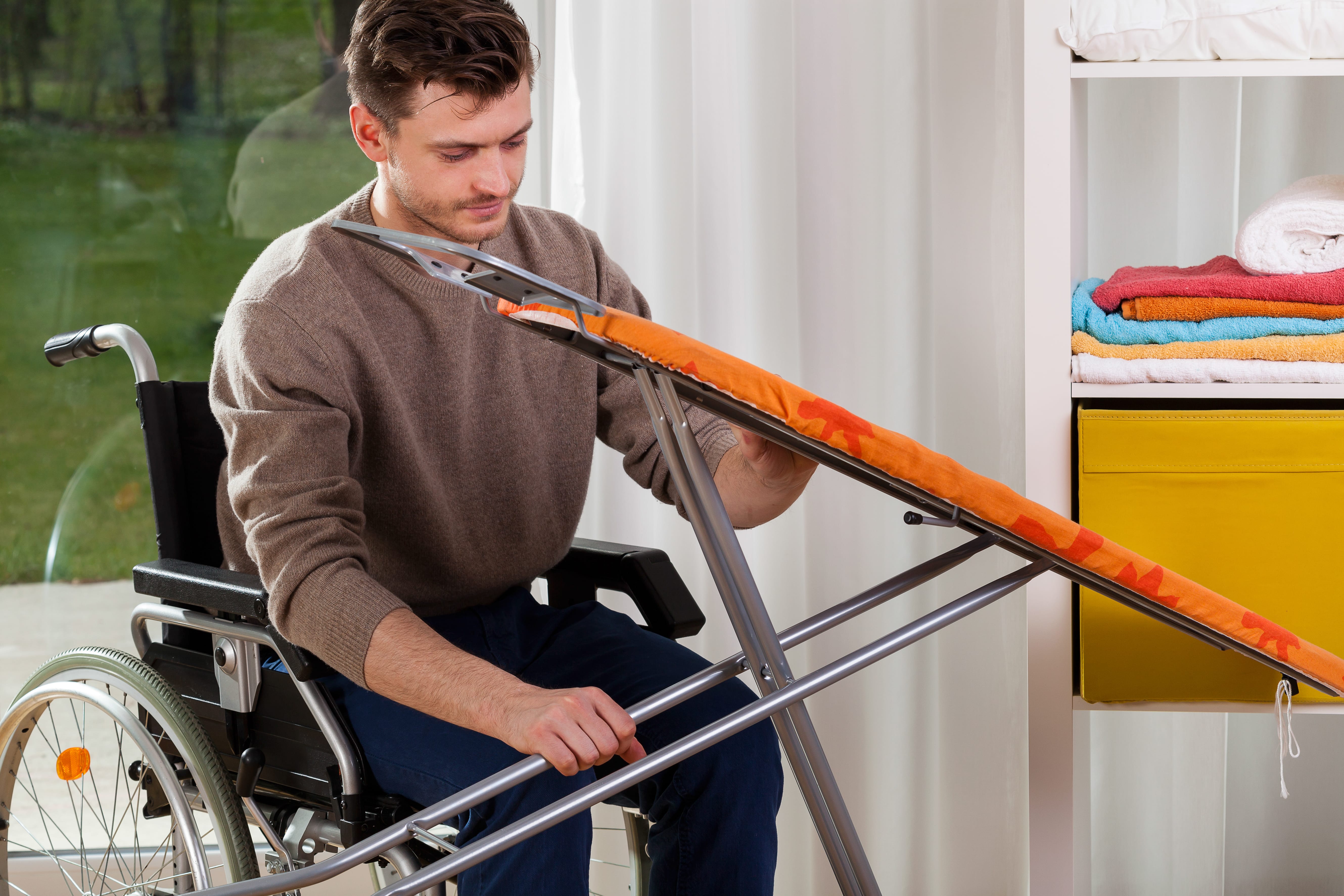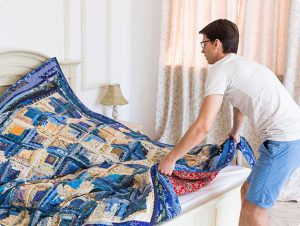Miranda uses the following frameworks and models to inform her practice as an Occupational Therapist. If you’re interested to know the how and why behind what she does, read on!
What is Health?
The World Health Organisation defines health as follows: “health is a state of complete physical, mental and social well-being and not merely the absence of disease or infirmity”. YOU are more than the sum total of your diagnoses! ‘Occupation’ refers to all activities that individuals do day to day. Occupational Therapy is client-centred and promotes health and well-being through occupation.
Occupational Justice Framework
Occupational Justice principles support equal opportunity, rights and access to participate in activities that are meaningful, in order to meet a person’s physical, emotional, spiritual or psychological needs.
The goal for occupational therapy is to enable you to rightly participate in the occupations that you want to, need to, or are expected to do. Of course we also modify the occupation or the environment if needed. (WFOT 2012)





